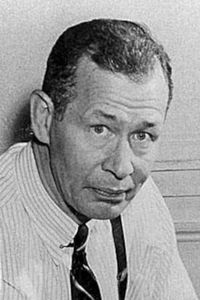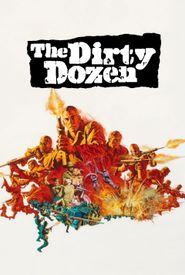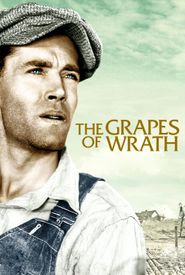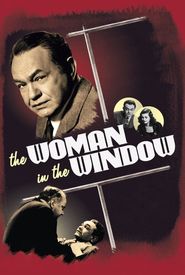Nunnally Johnson was born into a family of railway professionals, with his father serving as a railway superintendent. He received his education in Columbus, Georgia, graduating in 1915. During his formative years, Johnson worked as a delivery boy for the local newspaper, eventually advancing to become a junior reporter for the Savannah Press.
In 1919, Johnson relocated to New York City, where his journalistic career truly flourished. He became a principal news reporter for the New York Herald Tribune and the New York Evening Post, showcasing his exceptional writing skills, particularly in his humorous weekly column. Johnson's literary prowess and quick wit were well-suited for writing social satire, lampooning conventions, and he went on to submit over 50 short stories to the Saturday Evening Post and the New Yorker between 1925 and 1932.
Despite his success as a journalist, Johnson's ambition to write film critiques ultimately led him to Hollywood in 1932. Initially signed by United Artists as a screenwriter, he remained for only a year before joining 20th Century Fox. During his tenure at Fox, Johnson became closely associated with Darryl F. Zanuck, working as both a writer and associate producer, as well as occasionally directing films. His contracts with Fox spanned from 1935 to 1942 and again from 1949 to 1963.
In between his two contracts, Johnson co-founded International Pictures with independent producer William Goetz, but the venture ultimately proved unsuccessful. The company was absorbed by Universal after less than three years, with Goetz becoming the head of production for the expanded Universal-International. Johnson returned to Fox, where he continued to work as a screenwriter.
Throughout his career, Johnson rarely collaborated with other writers, instead showcasing his original work and displaying an innate talent for adapting classic novels into film scripts. Some notable examples of his work include his collaborations with director John Ford, such as John Steinbeck's The Grapes of Wrath (1940),Erskine Caldwell's Tobacco Road (1941),and the psychological drama The Three Faces of Eve (1957),which he also produced and directed.
Johnson's impressive range and versatility are also evident in his work on films such as the gangster satire Roxie Hart (1942),the film noir The Woman in the Window (1944),which he also produced, and westerns like The Gunfighter (1950). He also worked on war films, such as The Desert Fox: The Story of Rommel (1951),and comedies, including How to Marry a Millionaire (1953).
Johnson's consistently intelligent treatment of a wide range of A-grade material earned him the title of the highest-paid writer in Hollywood.





































































